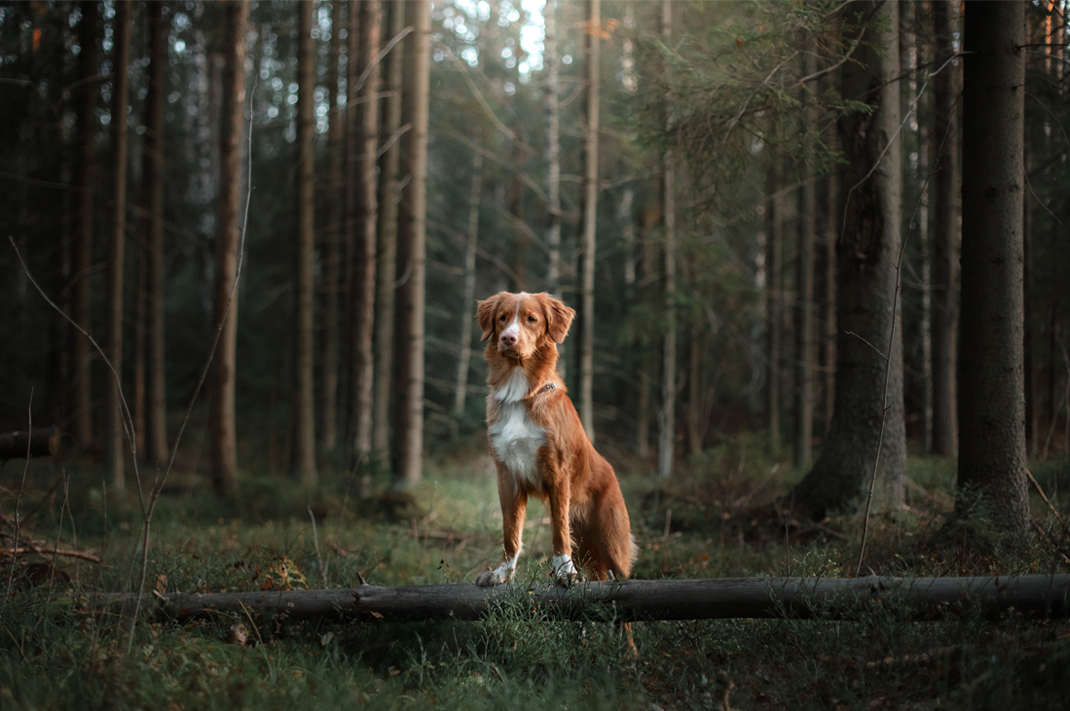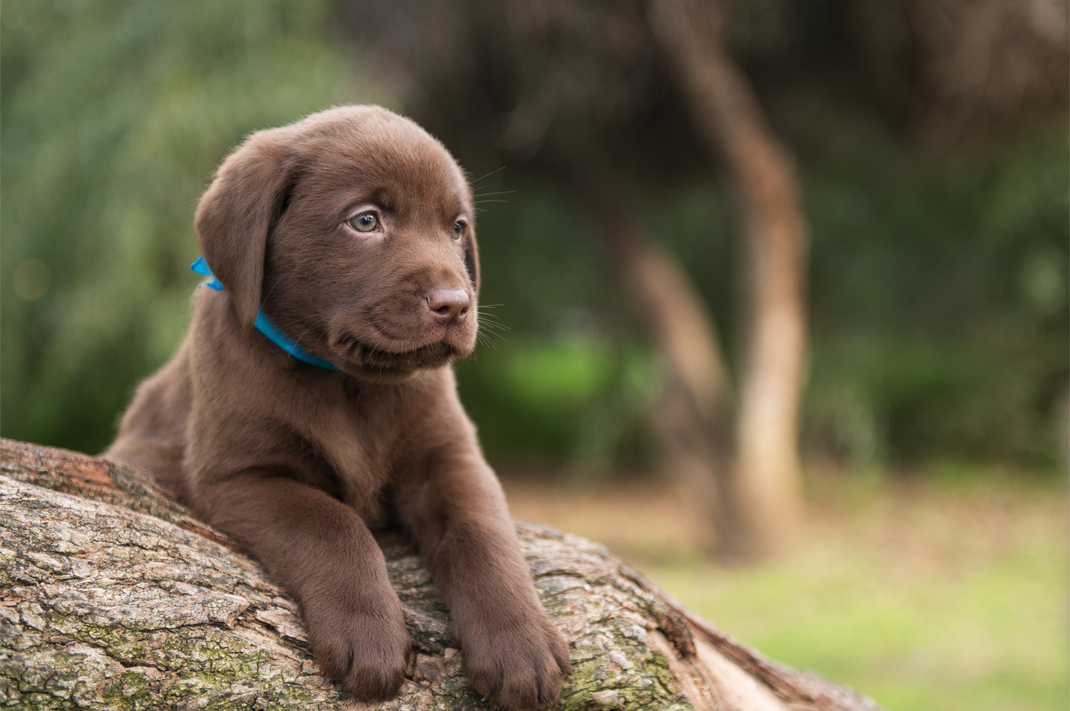13 Tips to Prevent Destructive Chewing

If your dog loves spending a quiet afternoon shredding your favorite slippers, you may be at your wit’s end. Destructive chewing behavior in dogs is a common issue, especially for new dog owners. Fortunately, this is a problem you can solve with love, time, and attention.
First, let’s take a closer look at why dogs chew and the reasons behind destructive chewing. Then, we’ll reveal our top 13 tips to help stop and prevent it.
Why Dogs Need to Chew
You must understand that your dog’s chewing is not a bad habit. Chewing is an innate need shared by all dogs. Puppies chew to relieve the pain of teething and to explore their world. It is mentally stimulating, but it also helps strengthen their adult teeth and jaws. Chewing eases the anxiety caused by being separated from mom and their siblings, too. As they mature, dogs continue to use chewing to combat stress and as a means of relaxing when they are over-excited. Boredom and loneliness also lead dogs to chew.
Recognizing that chewing is a natural and necessary behavior will help you appreciate and support appropriate chewing while correcting destructive chewing.
Underlying Causes of Destructive Chewing
Just because dogs have an innate need to chew does not mean you can’t stop dog- destructive chewing that destroys your furniture, clothing, and belongings. You can support healthy chewing by providing appropriate and safe outlets for the behavior while preventing property destruction. Most important is to realize that unlike healthy chewing, destructive chewing is often a sign of a dog who is suffering from one of the following conditions:
- Hunger — If your dog is often left hungry or not getting well-balanced nutrition, he may turn to problem chewing to satisfy hunger pangs.
- Lack of Training — If your dog was never clearly trained in what is acceptable to chew and what not to chew, your slippers and furniture may suffer the consequences.
- Lack of Exercise — Your dog needs a great deal of exercise, not just being outside in the yard. Are you taking walks twice a day? Going for a run, bike ride, or romp in the dog park?
- Boredom — Dogs are smart animals that need mental stimulation as much as they need physical exercise. If you don’t provide this stimulation, they will find it for themselves and may turn to destructive chewing.
- Stress, Fear, or Frustration — Is your dog experiencing an unusual amount of anxiety or frustration? Is there a situation in your home that is the source of conflict or strife?
- Separation anxiety — Is your dog inordinately stressed when you leave or when he is left alone?
When you realize the root of your dog’s destructive chewing is unhappiness or discomfort, it is much easier to feel compassion and to take the necessary steps to remedy the problem.
13 Destructive Chewing Dog Tips
Follow these tips to help stop your dog’s destructive chewing:
Tip #1: Provide Nutritionally Balanced Food on a Schedule
Be sure to provide nutritionally balanced dog food in sufficient quantities for your dog’s size, age, and activity level. Establish a regular routine for the time you provide meals, so your dog is not left hungry.
Tip #2: Make Your Reprimands Effective and Clear
Clearly reprimand destructive chewing. The reprimand is clear only if you catch him in the act of chewing something he shouldn’t and respond promptly. There’s absolutely no point scolding your dog for something done hours ago or even minutes past. Catch him in the act, and give a firm, “No!” Don’t shout or hit, and don’t use too many words. Repeat a firm “No!” and take the object away from him. Then, immediately offer an appropriate chew toy and give him praise when he takes it.
Tip #3: Never Chase a Chewer
It’s critical to catch your dog in the act of destructive chewing to reprimand him then and there and taking the object away. However, if your dog takes the object and runs, don’t chase! When you chase your dog, it becomes an enjoyable game, and it confuses your message. Instead, turn your back and sit down on the ground to wait. He wants your attention and will come to find out what you’re doing.
Tip # 4: Praise Appropriate Chewing
Communicate clearly with your dog about both appropriate chewing and destructive chewing. Praise appropriate chewing with plenty of verbal encouragement, extra petting, and tasty chew treats. This way, you clearly communicate the important issues, both that appropriate chewing is encouraged and what constitutes destructive chewing.
Tip #5: Dog-Proof Precious Belongings
Take responsibility for the belongings you can’t bear to have damaged or destroyed. Take steps to put dangerous items or toxic substances out of reach or behind latched doors. In time, you’ll be able to trust your dog more, but get started by protecting your home.
Tip #6: Change Your Dog’s Chew Toys
Make a thorough evaluation of all your dog’s approved chew toys, and discard every one that resembles anything you want to protect. Don’t expect your dog to recognize the difference between your new slippers and the old ones you gave him to chew. It sets your dog up for confusion and failure. Instead, give him things to chew that bear no resemblance to anything else in your home, like an antler or sturdy, rubber chew toys. If you have a precious teddy bear from childhood you don’t want to be destroyed, don’t give him a plush toy to play with.
Tip #7: Rotate Chew Toys and Treats
Keep your dog’s approved chew toys fun and interesting by rotating them. Switch them out periodically, so he never tires of the same old, same old. Do the same with chew treats, varying the flavor and texture of the rawhide-free chews you offer.
Tip #8: Spend Time Watching and Playing with Your Dog
Spending time playing with your dog sounds like a great answer to many of life’s problems, doesn’t it? It will help stop your dog’s destructive chewing behavior by making him feel more secure and confident. It can also give you a chance to spot any destructive chewing in the moment so that you can correct it immediately. If you find the problem chewing only occurs when you are gone, it may indicate that separation anxiety is the issue.
Tip #9: Schedule Plenty of Exercise
All dogs require exercise. The amount and type of activity may vary by breed, size, and age, but all dogs need exercise. Plan on two periods of exercise ranging from 20 minutes to two hours of physical activity–not just letting your dog loose in the yard. Exercise might include a brisk walk, run, or romp in the dog park. Also, consider hiking, swimming, and playing fetch. Before diagnosing the cause of destructive chewing or any other problem behavior in your dog, ensure a satisfying exercise routine.
Tip #10: Keep His Mind Active
In addition to exercising with your dog, spend time letting him explore and sniff in areas away from home. Even a route the two of you have walked a hundred times holds new smells, messages from other dogs, and interesting information. This mental stimulation is invaluable. Also, spending more time on obedience training and teaching him new tricks will keep his mind active and engaged.
Tip #11: Make Him a Puzzle Master
If boredom is the cause of your dog’s destructive chewing, give him something to think about. Make playtime and even mealtime more fun with puzzles. Engage your dog’s mind with puzzle toys that make him work for his kibble. Try hiding a favorite chew treat under one of three identical plastic cups. Have him watch as you cover the treat and then move the cups around, rearranging them. Encourage him to choose a cup to find the treat. He’ll love the games and the added mental stimulation.
Tip #12: Use a Taste Deterrent
In conjunction with watching your dog’s chewing behavior and communicating clearly about healthy chewing vs. destructive chewing, a spray deterrent can be a helpful tool to reinforce your training. Purchase a solution like bitter apple or make your own using vinegar and lemon juice. Spray the deterrent on objects to prevent chewing to enhance, not replace your training.
Tip #13: Address Obvious Sources of Stress or Fear
Lastly, work to resolve any obvious sources of stress or fear for your dog in your home environment. Provide a sense of stability and order to assure your dog that his place in your family is secure. If there is acute separation anxiety at work, your dog is suffering, which may manifest in a range of problem behaviors, including destructive chewing. Consult your vet for assistance in resolving this fear in your dog.
Embrace your dog’s healthy chewing and use these tips to redirect his destructive chewing. With love, patience, and attention, your bond will grow, and your slippers will be safe.



